 Autobiographical memory is the area of memory where people store information about themselves. There are several domains included in autobiographical memory. Self-description is the domain that stores information about a person’s sense of identity. In this domain, for example, facts such as a person’s favorite flavor of ice cream, what their political or moral viewpoint is and whether or not they like red wine are elements of self-description. Emotional memory is the domain that not only contains a person’s memories of an emotional experience but also helps them to control their moods. If a person broods over a particularly bad memory or a memory which triggers a negative feeling or emotion, he or she can change this mood by recalling a contrasting emotion, thinking of a memory which brought them joy or happiness instead.
Autobiographical memory is the area of memory where people store information about themselves. There are several domains included in autobiographical memory. Self-description is the domain that stores information about a person’s sense of identity. In this domain, for example, facts such as a person’s favorite flavor of ice cream, what their political or moral viewpoint is and whether or not they like red wine are elements of self-description. Emotional memory is the domain that not only contains a person’s memories of an emotional experience but also helps them to control their moods. If a person broods over a particularly bad memory or a memory which triggers a negative feeling or emotion, he or she can change this mood by recalling a contrasting emotion, thinking of a memory which brought them joy or happiness instead.
The domain of event memory makes up the largest part of a person’s autobiographical memory. Three separate but connected domains make up this part of memory. Specific events in a person’s experience of the world, general events about a wide range of actions involved in an event such as going to the doctor or the grocery store and a preserved summary of a person’s life. This summary enables a person to answer questions about his or her life such as ‘Where did you grow up?’ and ‘Where did you go on vacation last year?’.
The process of event memory is usually begun at the general-event level, the information the person is seeking to know is usually at the specific-event level. For example, if a person is attempting to retrieve the memory of having stayed at The Plaza Hotel, the starting point for accessing this memory is most likely the general event ‘staying at hotels’. Through time, specific events are consolidated into a general event. For example, all the occasions where a person has visited family for the holidays become one generic ‘script’ which incorporates all the vital experiences and actions that are representative of the going-home-to-visit-the-family-at-holidays event. Once the specific event is included in this general event script, only those particular events where something unusual/compelling/entertaining occurred will distinguish it specifically. The force of these generic scripts in the memory often triggers people to misremember details of a specific event, simply because they are representative of the event as a whole.
If a person has not yet experienced an event and does not have an existing script for the experience, the event is more likely to be remembered. The memory for an event will be stronger for experiences where the event cannot fit into a mold of what the person’s preexisting expectations are of what will happen. A person’s typically routine event can cause a lack of memory function due to the fact that these events are routine or already scripted. For example, if a person always puts their keys on the hallway table when they arrive home, the person will expect the keys to be there. If they have broken that pattern because of an unexpected circumstance, such as answering the telephone, the person might not remember they left their keys near the phone instead of the hallway table since the script in their memory tells them the put the keys on the table, as per the script.
In order for our brains to remember a specific event, a unique element helps a person recall that event as distinguished from a similar event. The nature of the event, who was there (the people involved), where it occurred (the location) are particular pieces of information that can more readily recall the memory.

